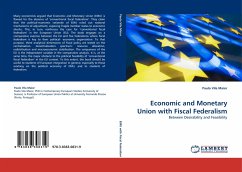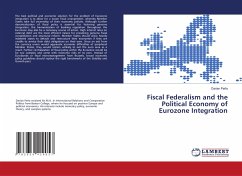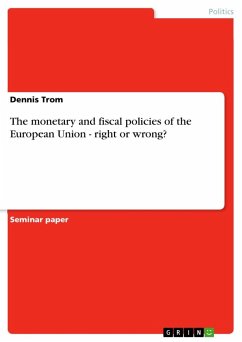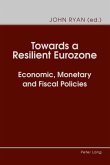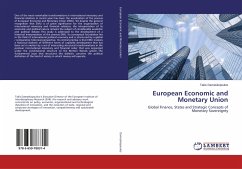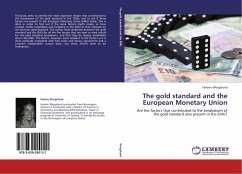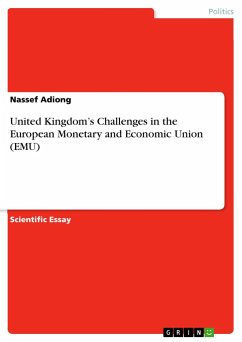Many economists argued that Economic and Monetary Union (EMU) is flawed for the absence of 'conventional fiscal federalism'. They claim that the political-economic rationale of EMU ruled out national mechanisms of adjustment, exposing fragile member states to economic shocks. This, in turn, reinforces the case for 'conventional fiscal federalism' in the European Union (EU). The book engages on a comparative exercise between the EU and five federations where fiscal federalism is key to their political- economic organisation. To that purpose, three analytical dimensions of fiscal policy are tested on the centralisation- decentralisation spectrum: resource allocation, redistribution and macroeconomic stabilisation. The uniqueness of the EU is the independent variable in the comparative analysis. It is, at the same time, the major obstacle to the political feasibility of 'conventional fiscal federalism' in the EU context. To this extent, the book should be useful to students of European integration in general, especially to those working on the political economy of EMU, and to students of federalism.
Bitte wählen Sie Ihr Anliegen aus.
Rechnungen
Retourenschein anfordern
Bestellstatus
Storno

